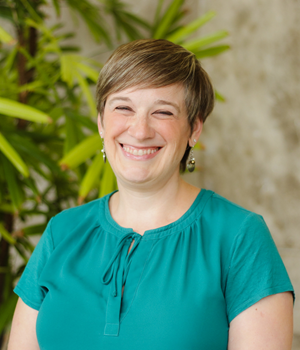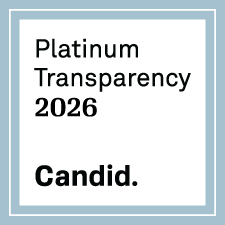by Jason Howell, CFP®, CPWA®, CSRIC® , President and Family Wealth Adviser at Jason Howell Company
As hard as it is to believe, the end of 2024 is fast approaching! After Labor Day, time moves quickly. It can be hard to juggle calendars to accommodate busy clients who need assistance with year-end tax and estate planning matters.
The Community Foundation helps you and your clients stay on track by sharing important reminders for year-end charitable planning, including these need-to-know items:
Cash is not king.
It’s crucial to start reminding clients now to pause before they pull out their checkbooks or credit cards. That’s because appreciated stock is frequently a much better way for clients to add to their funds at the Community Foundation or give to another public charity. Giving appreciated stock means that the client is typically eligible for a charitable tax deduction at the fair market value of the shares. Then, when the Community Foundation, for example, sells the shares and adds the proceeds to the client’s fund, the fund–which has 501(c)(3) charity status–is not hit with capital gains tax. By contrast, if the client sold those shares and then tried to donate the proceeds, after the tax hit there would be a lot less cash to donate.
Besides, since 2022 your clients have likely been earning more interest on their cash than they’ve been paying on their mortgages. Keep it going. In all likelihood, the Federal Reserve bank will begin lowering rates this Fall and continue through next year. Allow your clients to continue the arbitrage of high interest on cash versus low interest on (mortgage) debt by donating their less liquid asset: appreciated stock!
Business succession requires planning.
Clients who own private business interests should keep in mind that charitable giving can factor wisely into an eventual exit strategy. Many of these clients are sitting on substantial unrealized capital gains. Upon a sale, capital gains tax will be triggered, reducing the proceeds the client gets to keep. No capital gains tax will apply, however, to the sale of the portion of the business owned by a client’s donor-advised or other type of fund at the Community Foundation (if structured correctly). Plus, the client may be eligible for an upfront charitable income tax deduction based on the fair market value of the shares transferred to the fund. Keep in mind that a strategy like this only works with careful planning, so be sure to contact the Community Foundation team well in advance of year-end. These types of transactions can be difficult to pull off during the busy holiday season.
Prepare for sunset.
The estate tax exemption–the total amount a taxpayer can leave to family and other individuals during life and at death before the hefty federal gift and estate tax kicks in–is scheduled to drop, rather precipitously, after December 31, 2025. Your estate planning colleagues are talking about this and so are your clients. For 2024, the estate tax exemption is $13.61 million per individual, or $27.22 million per married couple, an increase over 2023 thanks to adjustments for inflation. Later this year, the IRS will issue inflation adjustments for 2025. For 2026, without legislation to prevent it, the exemption is scheduled to fall back to 2017 levels, adjusted for inflation, which would roughly total $7 million per person. A lot more people– including some of your clients–could be subject to estate tax. The team at the Community Foundation is happy to offer charitable giving techniques to help your clients avoid estate tax and leave a legacy for the community, especially if you start planning now.
Check for QCD opportunities.
A Qualified Charitable Distribution (“QCD”) is a smart way to support charitable causes. If your client is over the age of 70 ½, the client can direct up to $105,000 (per spouse) from an IRA to certain charities, including a field-of-interest, designated, unrestricted, or scholarship fund at the Community Foundation. If a client is subject to the rules for Required Minimum Distributions (RMDs), QCDs count toward those RMDs. A QCD helps a client avoid income tax on the funds distributed to charity. Unfortunately, a QCD is another transaction that can be tricky to pull off at the 11th hour, so reach out soon to the Community Foundation team this Fall to access this benefit for 2024.
We look forward to working with you to help your clients get a jump on year-end charitable planning. Reach out anytime, er, actually, as soon as possible!

The Community Foundation team is happy to help you structure charitable giving tools and plans to achieve your clients’ philanthropic goals—whether through beneficiary designations or any other type of charitable giving vehicle. This email address is being protected from spambots. You need JavaScript enabled to view it.!
The information contained in this article is provided for informational purposes only. It is not intended as legal, accounting, or financial planning advice.


 Questions?
Questions? Questions?
Questions?




